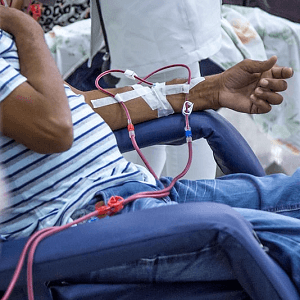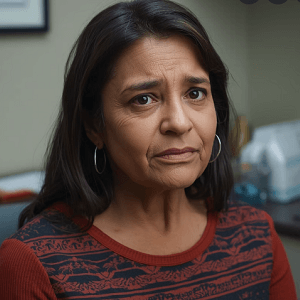A recent report from KFF reveals significant disparities in health care payment challenges faced by older adults in the United States, particularly among Black and Latino populations. According to the findings, 16% of Black adults aged 65 and older and 14% of Latino adults reported difficulties in paying for health care, compared to only 8% of older White adults.
This issue partly stems from income disparities, with around 50% of older Black and Latino adults living in households with incomes below $40,000, contrasting sharply with 29% of their White counterparts.
Furthermore, older Black and Latino adults are less likely to report positive health outcomes compared to White adults, with heightened incidence of chronic conditions and higher rates of hospitalization.
The report also highlights the need for older adults, especially those from minority backgrounds, to adapt their behavior during health care visits in a bid to ensure fair treatment. About half of older Black respondents expressed the need to be cautious about their appearance at health care appointments to receive equitable care.
Language barriers further exacerbate these challenges, as older Latino and Asian adults often struggle to communicate effectively with health providers, hindering their ability to engage fully in their care.
The study underscores the ongoing racial and ethnic disparities in health care affordability, even though Medicare generally alleviates some financial strain for older adults. With demographic shifts indicating that people of color will represent a substantial portion of older adults by 2060, addressing these disparities becomes increasingly urgent.
See “Older Latinos are twice as likely to struggle with health care payments” (April 30, 2024)



